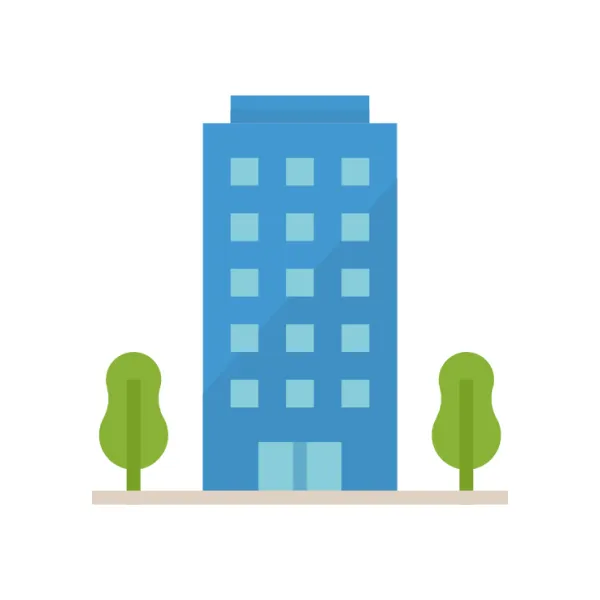Specialist Construction Dispute Resolution


Who We Are
- Experienced Professionals
- Tailored Strategies
- Proven Track Record
Our Construction Dispute Resolution Services
We offer specialized services designed to help you resolve construction disputes efficiently and effectively. Explore our core offerings below

Adjudication

Arbitration

Mediation
What is Adjudication?
Adjudication is a legally implied, rapid dispute resolution process commonly used in construction contracts. It provides a binding decision through an independent adjudicator, offering a cost-effective alternative to prolonged legal proceedings.
Our team of experienced consultants specializes in representing claiming and defending parties in adjudication. We simplify the process by providing clear advice and robust representation, often taking action on the same day we are instructed.
Adjudication is a fast-paced process. Our expertise ensures you stay on top of tight deadlines while presenting your case effectively. From the Notice of Adjudication to the adjudicator’s final decision, we guide you at every step.
If a party refuses to comply with an adjudicator’s decision, we assist with court enforcement. Our strategic approach minimizes the risk of non-compliance, ensuring prompt resolution of your disputes.
Adjudication Process: Step-by-Step Guide
-

Initiating the Process
A clear dispute is identified, and a Notice of Adjudication is issued, outlining the parties, issues, and desired remedies.
-

Choosing an Adjudicator
Within 7 days of the Notice, an adjudicator is appointed to oversee the dispute resolution process.
-

Submission of Documents
All arguments and supporting documents are presented to the adjudicator, laying the foundation for the decision.
-

Exchange of Submissions
Parties submit responses and replies, providing further evidence and clarifications as requested by the adjudicator.
-

Binding Resolution
The adjudicator delivers a decision within 28 days, which can be extended with agreement from both parties.
-

Ensuring Compliance
If a party fails to comply, the decision can be enforced through a court order, ensuring its binding effect.
Tailored Dispute Resolution
Arbitration offers a structured and flexible approach to resolving construction disputes. With binding and enforceable outcomes, it serves as a reliable alternative to traditional litigation. Explore how we can assist you

Comprehensive Representation

Global Expertise

Efficient Process
Collaborative Dispute Resolution
Mediation provides a cost-effective and amicable approach to resolving construction disputes. It fosters collaboration and helps parties reach mutually beneficial agreements. Here’s how our mediation services can assist you.

Skilled Facilitation

Secure & Affordable

Industry-Specific Expertise
Get Started with Your Free Consultation
Frequently Asked Questions
Adjudication is a fast-paced, legally binding process for resolving construction disputes. It involves referring the dispute to an independent adjudicator for a decision that is enforceable until overturned by a court or arbitrator.
The adjudication process typically takes 28 days from the submission of the Referral. This period can be extended by 14 days with the consent of the referring party or longer with mutual agreement.
Any dispute arising under a construction contract, such as payment delays, contract variations, defects, or extensions of time, can be referred to adjudication.
While both are dispute resolution methods, arbitration is more formal, takes longer, and results in a binding decision that is harder to challenge. Adjudication, on the other hand, is quicker and less costly.
No, mediation is a non-binding process unless the parties reach an agreement, which can then be formalized into a binding document.
Mediation is cost-effective, confidential, and allows for amicable resolutions without the need for prolonged legal battles.
If a party does not comply, the decision can be enforced through a court order, ensuring its binding nature is upheld.
Yes, we provide a free one-hour consultation to new clients. Contact us to discuss your dispute resolution needs.